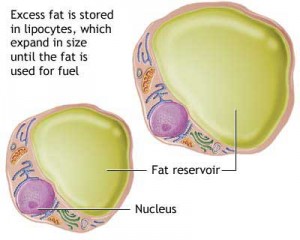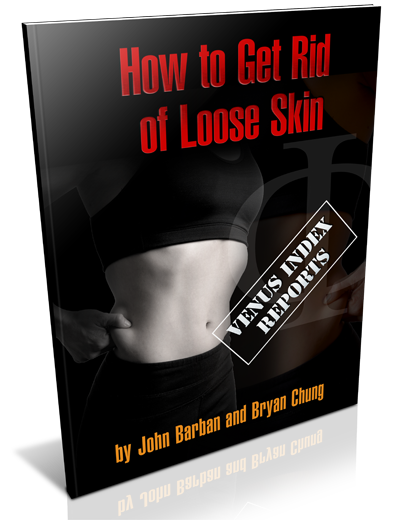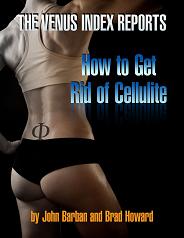Bodyfat, adipose tissue, subcutaneous fat, brown fat, white fat, healthy fat sick fat, belly fat, visceral fat, gut fat, butt fat, arm fat, back fat, thigh fat, cellulite…just plain ol’ FAT!
As you might have guessed this podcast is about bodyfat. Specifically, we’re going to talk about what it is and how it’s regulated. In the past, bodyfat was thought to simply be a storage tissue for excess energy. It was assumed to be relatively inert and simply sit there holding energy in the form of fat for future use when calorie intake isn’t sufficient.
Over the past 20 years, this view has changed and now researchers know that bodyfat is a dynamic and metabolically active tissue that plays multiple roles in our daily functioning.
Your bodyfat is capable of producing various hormones, and converting hormones into different forms. It also produces inflammatory cytokines and other messenger molecules that act as signals to the rest of your body. The total amount of bodyfat you have will change how it communicates and acts on the rest of your body.
All of these recent discoveries have led researchers to re-categorize bodyfat as an endocrine tissue.
An endocrine tissue is a tissue in your body that secretes hormones as messengers to signal function for the rest of the body. And it’s now clear that bodyfat is more than just stored energy, it’s in fact an endocrine tissue.
Understanding bodyfat from the perspective of endocrine tissue as well as energy storage will give you more insight into it’s purpose and it’s regulation.
In this podcast, you’ll learn how and why things change in your body depending on how much fat you are carrying and what this means from a diet and nutrition standpoint.
John
Login and Download Podcast Here
For more information as well as how to get access to Venus UNCENSORED, click the link below:
Venus UNCENSORED Premium Podcast




New Comments